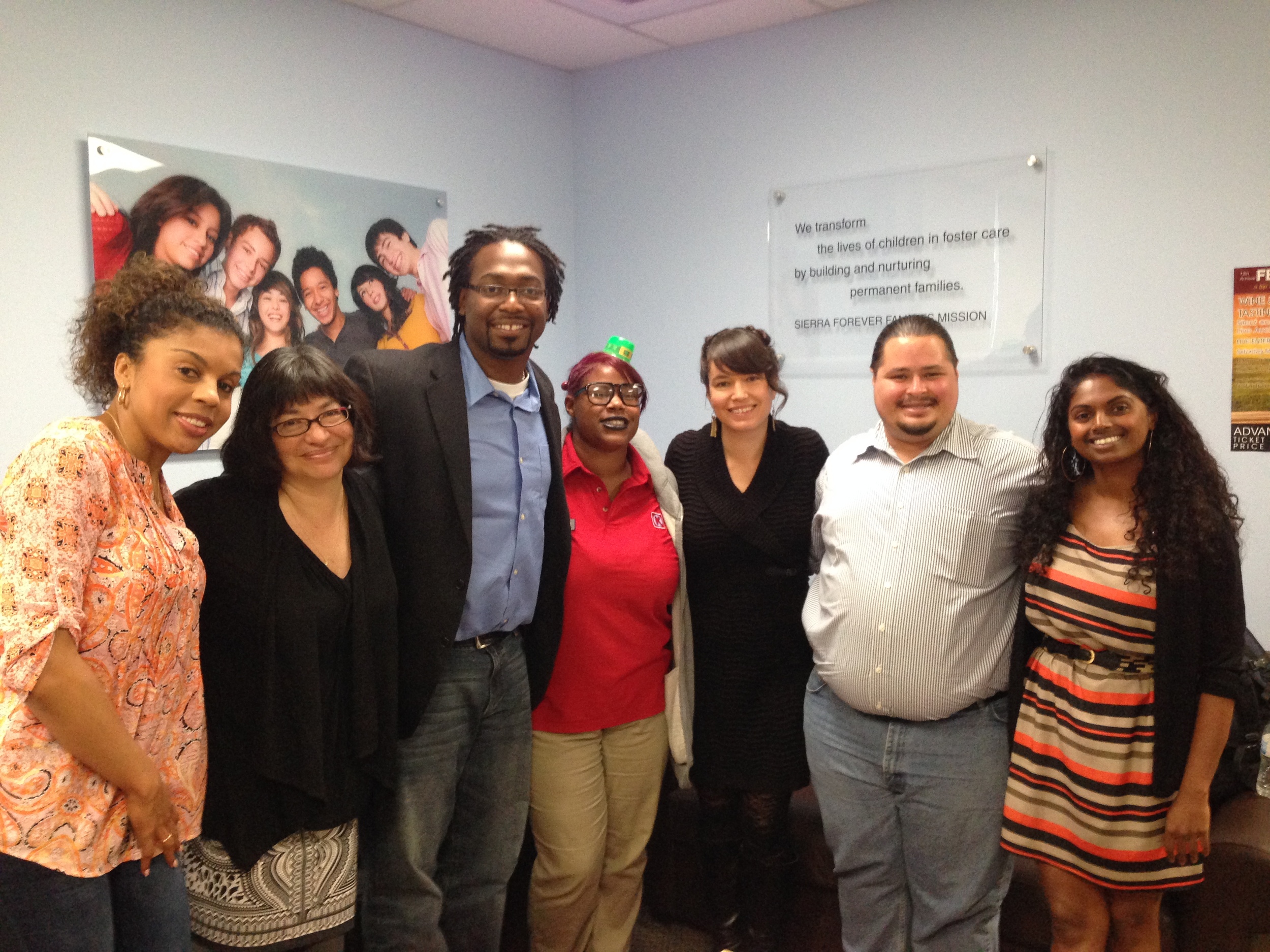I was walking through town and I got this sudden flow of energy run through my chest. I immediately identified it as missing someone. That someone was my birth mother. Never have I ever felt that desire in that specific way. What I mean is that I missed her as if I could just call her up and set up a time to meet. Her presence at that moment was different, and like no other time. She felt closer. She was real in a sense, like I had a relationship with her.
Has this ever happened to you?
The truth settled in quick, and a relationship is probably not possible. Even though I was faced with her and sat next to her for 30 minutes, a simple conversation between us privately was not possible. To get the chance to have a quiet, intimate, and open conversation with her again is limited because of my lack for knowing and understanding her language, konkoni. Or her lack of knowing my language. Either way, how is that I cant even talk to my own mother in private?
Well, that fucking sucks. There seems to be something very unnatural about that.
I mean, it is what it is. I could run out and learn konkoni and return to my mothers doorstep, but the way that I see it and with consideration of her life now, that is definitely not an interest of mine.
Why do I care so much, you ask?
I care because it just goes to show how disconnected natural families can get from one another due to adoption. Its a mere realization that hopefully brings awareness to the serious affects of adoption on some of the adoptees and their biological needs to return.
 If you are in the New York area on July 14th, then please join me in watching my film about my search for my birth mother in Goa, India. After the screening, I will be available to answer any questions about from the audience.
If you are in the New York area on July 14th, then please join me in watching my film about my search for my birth mother in Goa, India. After the screening, I will be available to answer any questions about from the audience.